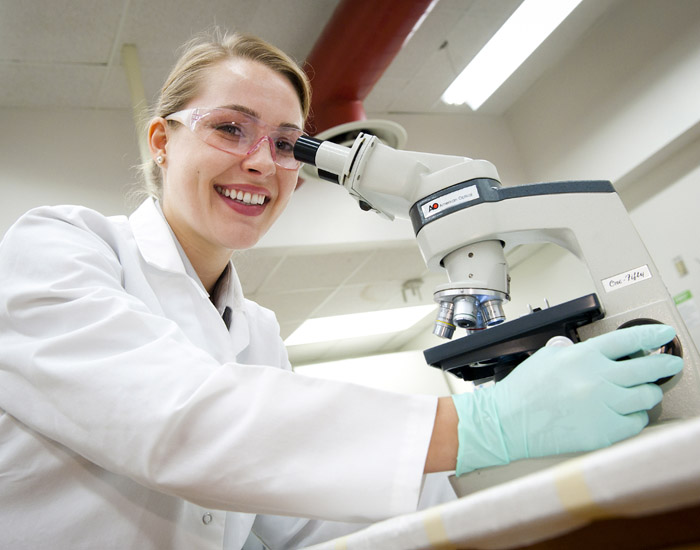
UNIVERSITY OF ALABAMA - SOCIAL WORK (SW)
SOCIAL WORK (SW)

SW 100 Introduction to the Fields of Social Work Practice. 3 hours.
 An overview of the many and varied roles in which social workers function in today’s society. Reviews the historical development of the profession and its various fields of practice and the profession’s code of ethics, and covers current national and local issues. Fifteen hours of volunteer work outside of class are required. Required course for social work majors and social welfare minors; open to all University students, but freshmen and sophomores preferred. Offered in the fall and spring semesters.
An overview of the many and varied roles in which social workers function in today’s society. Reviews the historical development of the profession and its various fields of practice and the profession’s code of ethics, and covers current national and local issues. Fifteen hours of volunteer work outside of class are required. Required course for social work majors and social welfare minors; open to all University students, but freshmen and sophomores preferred. Offered in the fall and spring semesters.
SW 101 Orientation to Social Work. 1 hour.
The purpose of this course is to orient new social work majors to the School of Social Work (SSW) to promote student academic success. Emphasis is on the advising process and establishing an educational plan, professional etiquette, steps in applying for admission to the professional program, the BSW program=s writing proficiency exam, and campus resources.
SW 200 History of Social Welfare in the United States. 3 hours.
Study of the general institutional basis of social welfare: its structure, function, historical development, and the philosophical bases of the provision of social welfare services. Offered in the fall and spring semesters.
SW 206 Growing Old in America. 3 hours.
Provides information about the aging process and the position of older persons in American society.
SW 208 Juvenile Delinquency: Causes, Control, and Services. 3 hours.
 Examination of the nature and extent of delinquency. Theories of causation and the structure and function of courts are explored. Emphasis placed on prevention, control, and interventions with juvenile offenders and their families.
Examination of the nature and extent of delinquency. Theories of causation and the structure and function of courts are explored. Emphasis placed on prevention, control, and interventions with juvenile offenders and their families.
SW 210 Family and Child Welfare. 3 hours.
Examines the current situation in services for children and families. Gives an overview of services designed to strengthen families, as well as those that provide substitute care of children when the family is unable to meet this responsibility.
SW 212 Death, Dying, and Bereavement. 3 hours.
Analysis of a variety of issues and problems presented by death, dying, and grief in American culture, with some comparison to other cultures. Examines attitudes and responses to death and the perspectives of children and adults.
SW 300 Special Topics. 3 hours.
Prerequisite: Sophomore standing or permission of the instructor. May be repeated for a total of 6 hours with permission of undergraduate program chair.
Examination of an important topic in contemporary social work. Topic varies from semester to semester.
SW 310 Professional Writing. 1 hour
As clear and effective COMMUNICATION skills are necessary for social service delivery, this pass/fail course assists students with acquiring/improving professional writing skills.

























 and its profound geographic, social, and economic variations, Latin America presents rich opportunities for interdisciplinary and cross-cultural study. By drawing upon the perspectives and methodologies of several disciplines, students are challenged to pursue a deeper understanding of the cultures, institutions, and experiences of Latin Americans. The program provides a forum for examining the intersection of issues of politics, economic development, ethnicity, gender, religion, and cultural expression.
and its profound geographic, social, and economic variations, Latin America presents rich opportunities for interdisciplinary and cross-cultural study. By drawing upon the perspectives and methodologies of several disciplines, students are challenged to pursue a deeper understanding of the cultures, institutions, and experiences of Latin Americans. The program provides a forum for examining the intersection of issues of politics, economic development, ethnicity, gender, religion, and cultural expression.
